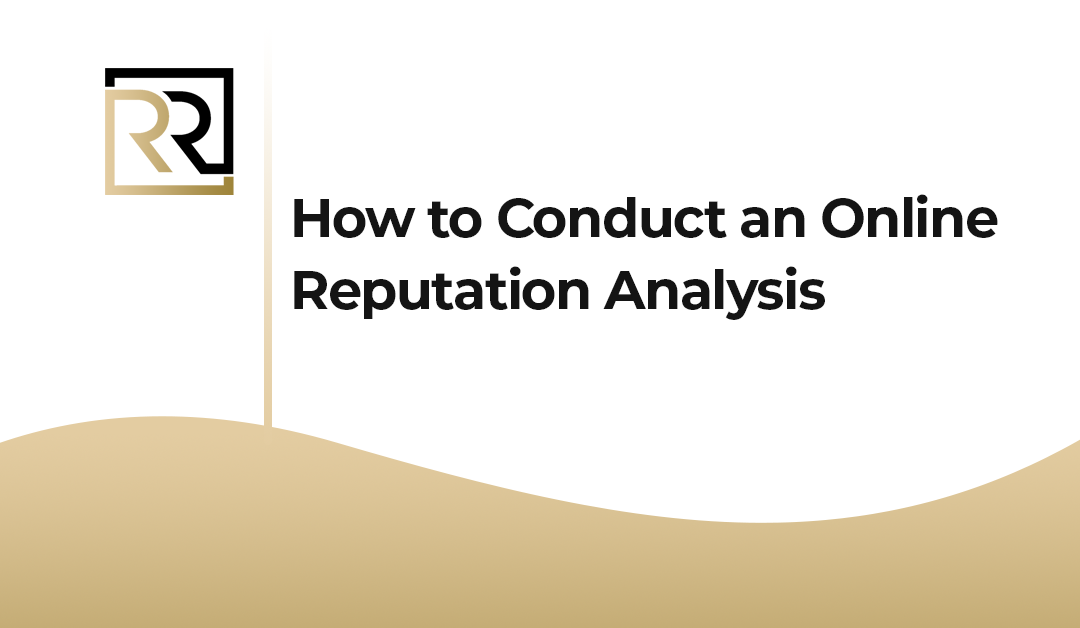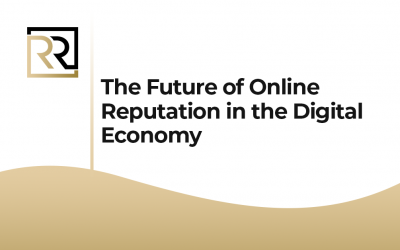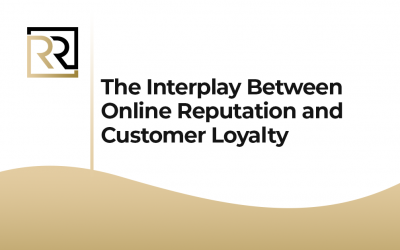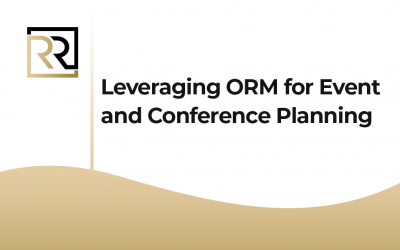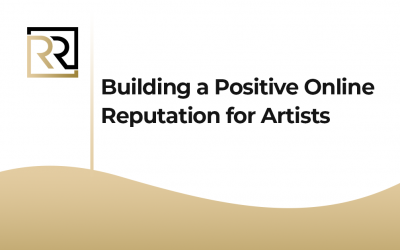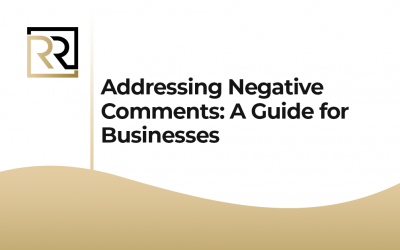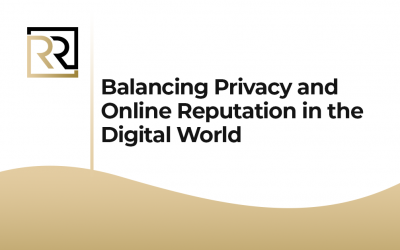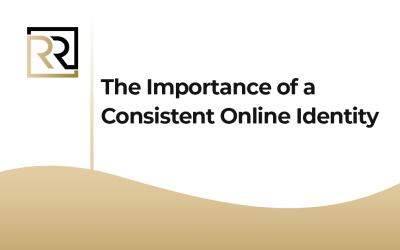How to Conduct an Online Reputation Analysis
Conducting a thorough online reputation analysis is the first step toward managing and enhancing your digital image. Whether you’re an individual or a business entity, understanding how you are perceived on the internet is crucial for success. Therefore, this article serves as a comprehensive guide, outlining the strategies and tools to effectively conduct an online reputation analysis that empowers you to shape a positive and influential online presence.
A Comprehensive Guide on How to Conduct an Online Reputation Analysis
1. Define Your Objectives
Firstly, before diving into the analysis, clearly define your objectives. Are you looking to monitor brand sentiment, address negative reviews, or track your personal online image? Generally, understanding your goals will guide the focus and depth of your reputation analysis.
2. Google Yourself or Your Brand
Secondly, start by conducting a simple Google search for your name or your brand. Examine the first few pages of search results to get an overview of what information is readily available to anyone searching for you. Take note of any positive or negative mentions, news articles, or social media profiles that appear prominently.
3. Utilize Online Monitoring Tools
Several online monitoring tools can help automate the process of tracking mentions and sentiment. Tools like Google Alerts, Brandwatch, and Mention can provide real-time notifications when your name or brand is mentioned online. Set up alerts for your key search terms to stay informed and promptly address emerging issues.
4. Social Media Scrutiny
Social media platforms are powerful influencers of online reputation. Therefore, analyze your presence on major platforms such as Facebook, Twitter, LinkedIn, and Instagram. Additionally, evaluate the tone of conversations, the engagement on your posts, and the sentiment of comments. Also, address any negative comments professionally and proactively.
5. Review and Ratings Platforms
For businesses, review and ratings platforms like Yelp, Google My Business, and TripAdvisor can significantly impact reputation. Besides, scrutinize reviews and ratings, responding to both positive and negative feedback. Also, encourage satisfied customers to leave positive reviews to counterbalance any negative sentiment.
6. Check Online Forums and Communities
Online forums and communities may harbor discussions about you or your brand. So, explore platforms like Reddit, Quora, or industry-specific forums to uncover conversations. Also, address any concerns or misinformation and participate in discussions to showcase your expertise and credibility.
7. Evaluate News Articles and Press Releases
News articles and press releases contribute significantly to your online image. Therefore, analyze news coverage related to your brand or personal endeavors. Besides, identify any positive or negative narratives and consider reaching out to journalists for clarification or correction if needed.
8. Assess Your Website and Blog
Your website and blog are key components of your online presence. Therefore, review the content on your website and blog to ensure it aligns with your desired image. Also, optimize the content for search engines and update it regularly to reflect current achievements and developments.
9. Analyze Competitor Online Presence
A comparative analysis with competitors provides valuable insights into industry standards and expectations. What’s more, assess how competitors are perceived online and identify areas where you can differentiate and strengthen your own online reputation.
10. Evaluate Search Engine Results Pages (SERPs)
Examine search engine results pages beyond the first few links. Thus, negative content may be buried deep within search results, but it can still impact your reputation. Hence, identify any potentially harmful content and strategize ways to push positive content higher in the rankings.
11. Quantify Your Online Influence
Utilize tools like Klout or Moz to quantify your online influence. These tools provide numerical scores based on your social media presence, engagement, and overall impact. Ultimately, tracking your influence over time can help measure the effectiveness of your reputation management efforts.
12. Implement Reputation Improvement Strategies
Based on the findings of your analysis, develop and implement reputation improvement strategies. Generally, this may include creating and optimizing positive content, engaging with your audience on social media, or addressing negative reviews. Moreover, regularly monitor the impact of these strategies to ensure continuous improvement.
Conclusion: Online Reputation Analysis
In summary, conducting an online reputation analysis is not a one-time task but an ongoing process in the dynamic digital landscape. By defining objectives, leveraging online monitoring tools, scrutinizing social media, reviewing ratings platforms, checking forums and communities, evaluating news articles, assessing your website and blog, analyzing competitor online presence, evaluating SERPs, quantifying your online influence, and implementing reputation improvement strategies, you can actively manage and shape your online reputation. Also, remember, a positive online image is a valuable asset that can influence professional opportunities, customer trust, and overall success in the digital realm. Hence, stay vigilant, adapt to changes, and consistently refine your online presence for lasting positive impact.


